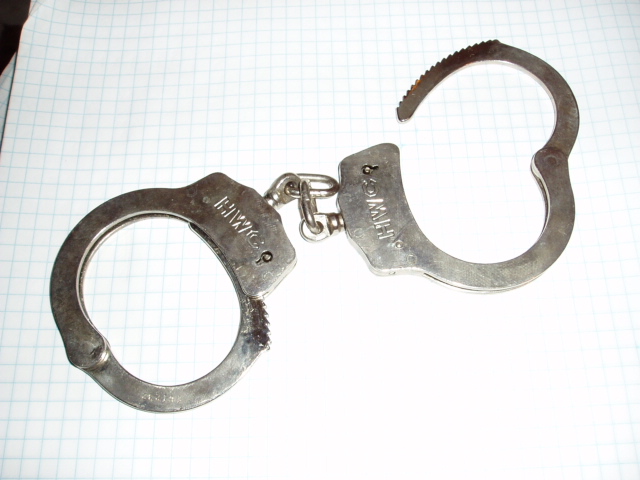
During the Medieval times the being part of the Church was very important. The only way to truly gain power was to also have the Church behind you. A lot of the money and taxes that were paid even went to the churches. Monks and priests were greatly cherished as they were the ones who knew the way to heaven and eternal life. Priests and monks were also some of the highly educated people of the medieval times, even kings and queens did not have as much education as they did in some cases. Churches and monasteries became the centers of higher learning. Priests and monks where the ones who could write and already had higher learning. The church became the centers of learning because that was were all the writing was kept.
The monasteries held ancient manuscripts where the monks would rewrite them so new copies were made. The monks also copied down things like sacred texts. Churches and monasteries also became centers for learning because nobles would send their children to monasteries or abbeys so their children could become part of the Church.
Churches and monasteries became centers of learning because that is where all the books were held and also that is where children could become a part of the Church
citation "Medieval Monasteries in England." UK Travel and Heritage - Britain Express UK Travel Guide. Web. 21 Apr. 2010. http://www.britainexpress.com/History/medieval-monastery.htm.
Medieval Lit. Jpg. Digital image. Commons Wikimedia. Wikipedia. Web. 22 Apr. 2010.
